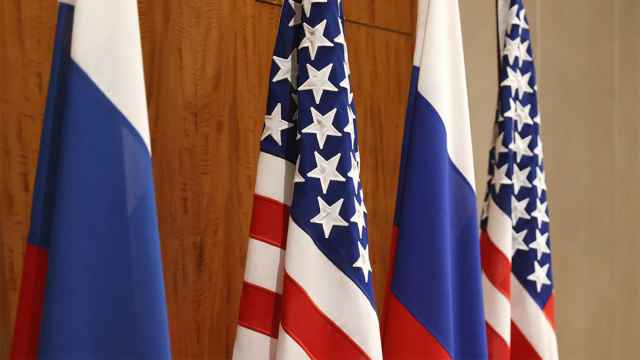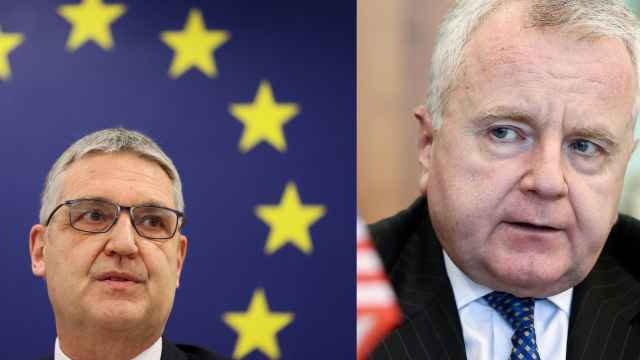The U.S. has opened a review into its designation of Russia as a “market economy” in a technical move which could further complicate already tense trade relations between the two countries.
Washington has treated Russia as a market economy since 2002, when it awarded the designation as a recognition of Russia’s economic and political transformation during the 1990s.
The designation has effectively limited the anti-dumping import taxes and penalties which the U.S. can levy against Russian exporters. Russia said it unlocked an additional $1.5 billion in trade after it won the highly-prized designation and it also paved the way for Moscow to join the World Trade Organization (WTO) in 2012 — a body which mandates the maximum rate of import taxes which members can charge each other on different sets of goods.
Removing the label would mean the U.S. could treat Russia as a “non-market economy.” That would allow the U.S. to more aggressively counter Russian export products which it believes are being sold artificially cheaper — below their market production cost — as a result of subsidies or support from the Kremlin, thus giving them an unfair advantage over American or other global producers.
Only 11 countries in the world are currently treated as non-market economies — China, Vietnam and nine ex-Soviet republics.
The sweeping consultation was triggered by a complaint from an Oklahoma-based company which claimed some Russian fertilizers — almost $1 billion worth of which are sold to the U.S. every year — are “being, or are likely to be, sold in the United States at less than fair value … and that such imports are materially injuring and threaten to injure an industry in the United States,” according to a statement published in the U.S. government’s Federal Register.
The probe will look at several factors to assess whether Russia should maintain its status as a market economy, including the convertibility of the Russian ruble, government ownership of companies, labor laws and wage settlements, state control over the allocation of resources as well as the status and role of foreign investment and corporations in Russia.
When calculating the anti-dumping tariffs to be levied against firms from non-market economies, the U.S. selects baseline production prices from a third country to estimate the market cost of the product. This is seen as a more stringent interpretation and can result in higher penalties than for market economies, where the U.S. uses the country’s own production costs.
Washington argues that in non-market economies, the extent and complexity of state support given to domestic producers is so “pervasive,” that it is “impossible to establish” an accurate market price.
Russian exports to the U.S. totalled $24 billion in 2020 — the vast majority of which were industrial products and hydrocarbons.
Despite the country’s controversial privatization drive in the 1990s, Russia’s economy remains heavily dominated by the state and state-controlled businesses. Alexei Kudrin, a long-serving former finance minister and now head of the Audit Chamber, recently lamented how only four of the country’s largest 10 companies are privately-held, and said that only 25% of Russia’s privatization plan had been completed.
A Message from The Moscow Times:
Dear readers,
We are facing unprecedented challenges. Russia's Prosecutor General's Office has designated The Moscow Times as an "undesirable" organization, criminalizing our work and putting our staff at risk of prosecution. This follows our earlier unjust labeling as a "foreign agent."
These actions are direct attempts to silence independent journalism in Russia. The authorities claim our work "discredits the decisions of the Russian leadership." We see things differently: we strive to provide accurate, unbiased reporting on Russia.
We, the journalists of The Moscow Times, refuse to be silenced. But to continue our work, we need your help.
Your support, no matter how small, makes a world of difference. If you can, please support us monthly starting from just $2. It's quick to set up, and every contribution makes a significant impact.
By supporting The Moscow Times, you're defending open, independent journalism in the face of repression. Thank you for standing with us.
Remind me later.






